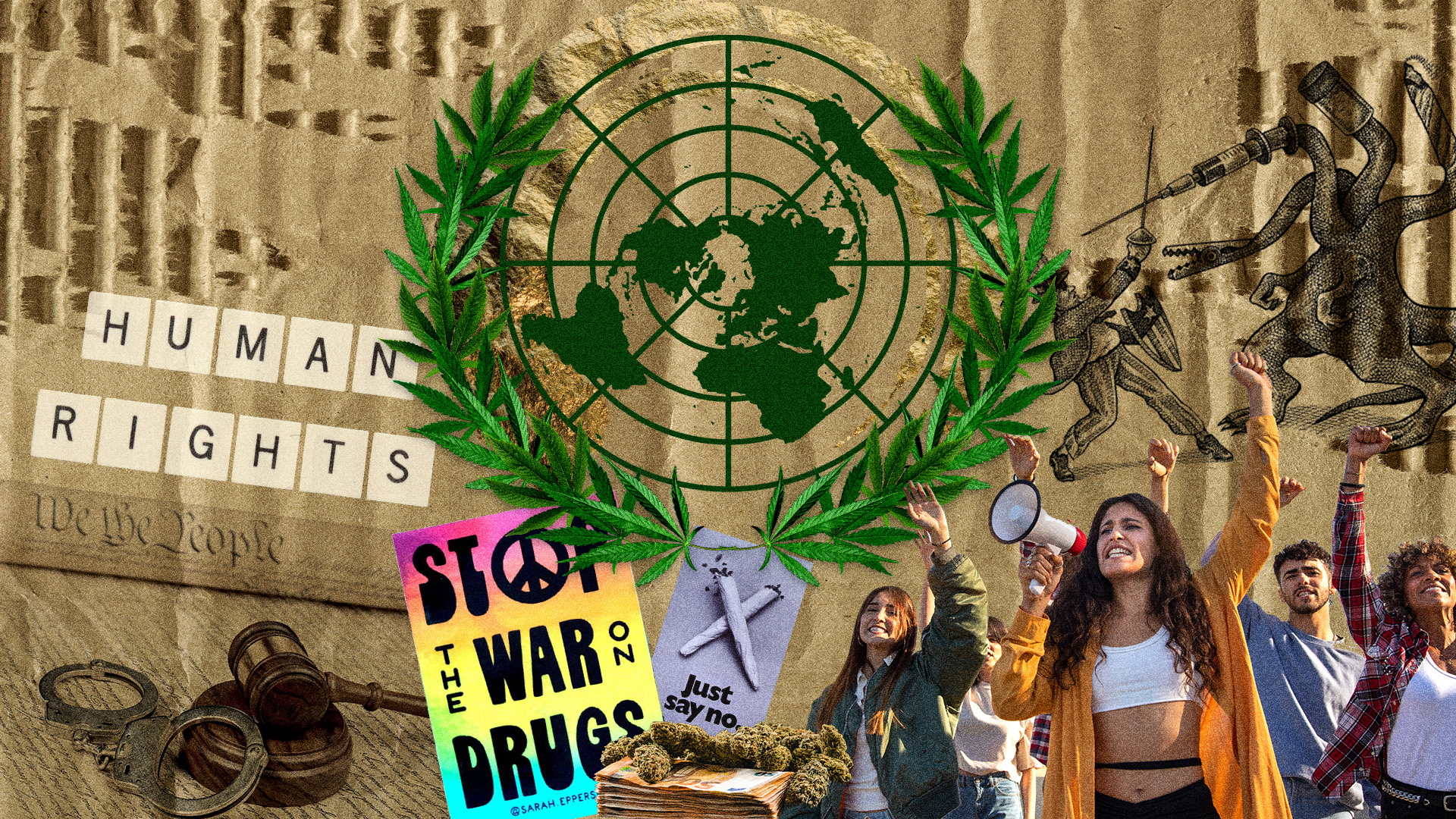The United Nations has decided to become a major player in the “War on Drugs,” which has been going on for a couple of years now. This “War on Drugs” has impacted the lives of different people negatively and it acts against their fundamental human rights. Active research was carried out on the effects of these drug policies on society and the results, in these reports, have led the United Nations to consider a favorable revision of drug policies in order to protect human rights.
2023 World UN World Drug Report
The 2023 World Drug Report urges the development of effective drug policies. The report highlights a large increase in the number of drug users over the past ten years. There has been a 45% increase in drug use. This rise contributed to an increase of over 39.5 million users in the last decade.
The 2023 World Drug Report shows unreasonable use of criminal penalties for the “war on drugs” movement as it discourages people who use drugs for treatment, and this encourages social stigma. According to the latest stats from the 2023 World Drug Report, blood-borne viruses disproportionately affect people who use drugs. Additionally, nearly 660,000 people die of drug-related causes each year, and 10 percent of all new HIV infections globally in 2021 were among people who injected drugs.
“Laws, policies, and practices deployed to address drug use must not end up exacerbating human suffering. The drug problem remains very concerning, but treating people who use drugs as criminals is not the solution. States should move away from the current dominant focus on prohibition, repression, and punishment and instead embrace laws, policies, and practices anchored in human rights and aimed at harm reduction,” said Volker Türk, the United Nations High Commissioner for Human Rights.
The unfavorable effects of these policies can cause damage the society and individuals living in it.
The Importance of Human Rights Protection in Drug Policies
As such, the United Nations urges a reassessment of “War on Drugs” policies to protect the rights of individuals negatively impacted by these strict measures. This revision emphasizes safeguarding the basic human rights of individuals to ensure their safety and well-being, even if they are involved in drug-related issues.
For example, there was a case in Bali, which saw a 25-year-old Brazilian national get arrested upon arriving at the airport. Authorities caught him with 9.1 grams of marijuana in his possession. The student, who reportedly purchased the cannabis legally in Thailand, claimed that he was unaware of Indonesia’s drug possession laws.
Why You Should Get Your Medical Marijuana Card
Veriheal has satisfied millions of patients nationwide by giving them access to these benefits
- Larger purchase limits
- Peace of mind
- Enhanced legal protection
- Access to higher potency strains
- Save up to 25% on cannabis purchases
- Skip the line at the dispensary
The war on drugs also affects certain marginalized groups in society. African Americans, women, and youths from poor backgrounds fall under this category. They do not have access to appropriate representation to aid them.
“Today’s drug policies have the greatest impact on those who are the poorest and most vulnerable,” Volker Turk said.
According to UNODC, there are 3.1 million individuals arrested for drug offenses globally, and of that population, an estimated 61% were arrested for possession of drugs in small quantities, while 78% of the 2.5 million people in prison for drug offenses ( 20% of the total global prison population) were sentenced for drug trafficking. In many cases, these people were merely in possession of drugs.
“The current overemphasis on coercion and control to counter drugs is fanning an increase in human rights violations despite mounting evidence that decades of criminalization and the so-called war on drugs have neither protected the welfare of people nor deterred drug-related crime,” Türk said.
Moving Forward
The United Nations will revisit the 2019 Ministerial Declaration in 2024. The 2019 Ministerial Declaration is a continuous plan to keep drug policy commitments by states in the UN. This revision will address the drug policies that need to change, in order to facilitate human rights protection. The results will be effected by 2029.
As we proceed, there is evidence of some states that support the re-evaluation process for drug policies. These states have upgraded their policies to protect human rights, and they embrace the legalization of cannabis.
In December 2021, Malta became the first European nation to legalize cannabis. The law allows adults ages 18 and up to possess up to 7 grams of cannabis. Adults can also grow up to four cannabis plants and store up to 50 grams of flowers at home for personal use.
European states appear to be changing their collective minds about cannabis. Therefore, revisiting drug policies will help protect human rights and foster more humane approaches to handling drug laws.
Author, Share & Comments








